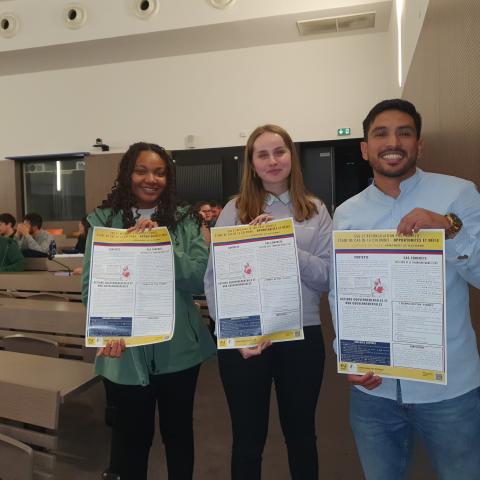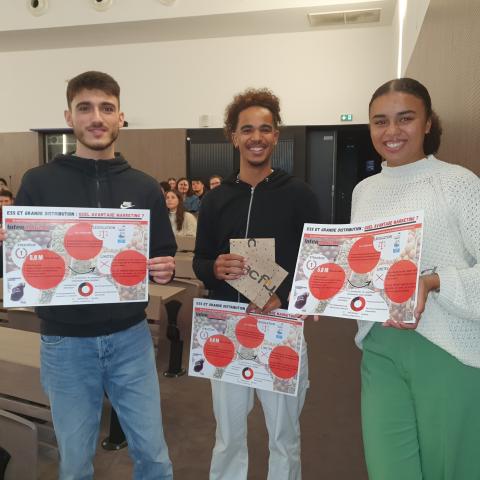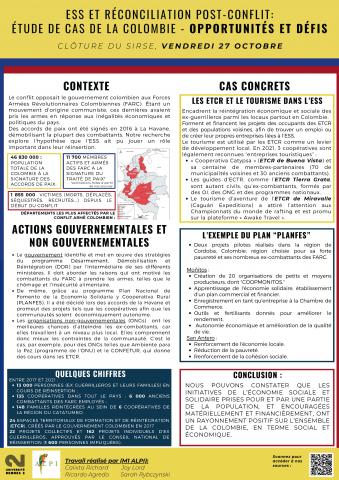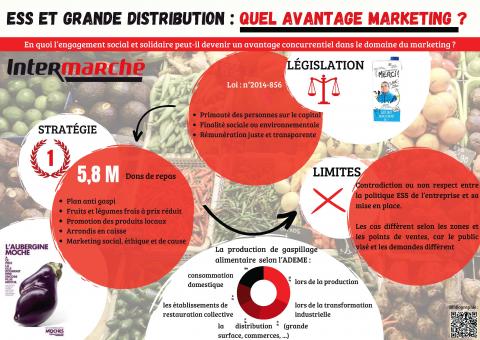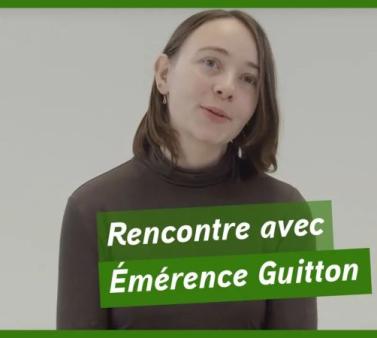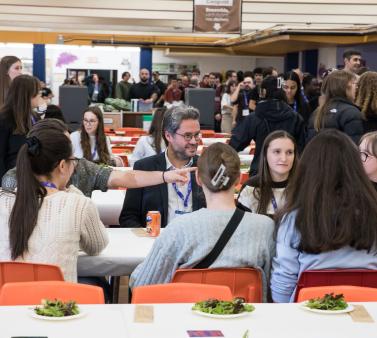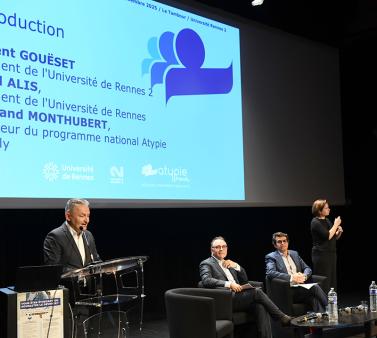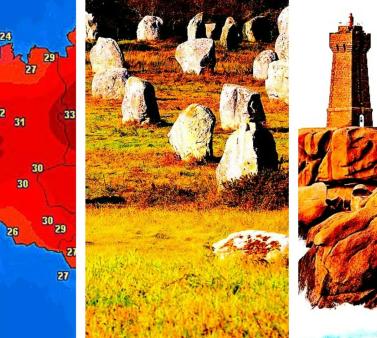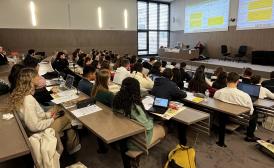
From October 23rd through October 27th, students and faculty members of the LEA Department are taking part in an innovative research week designed to broaden students' understanding of research perspectives on themes related to the Social and Solidarity Economy (SSE). Organized by LEA Lecturer William Kelleher and a group of LEA faculty members, the week aims to help students explore ways in which they too might contribute to this field, which prioritizes social profitability over purely financial considerations in economic activities, as they advance in their professional and personal journeys. This class, created for graduate students, falls into the category of a ‘unité d'enseignement d'ouverture (UEO)’, which offers them the chance to expand their specialized degrees and learn from a wider field of knowledge.
The first two days, the 23rd and 24th October 2023, were devoted to a series of open virtual lectures, given by speakers from the fields of academics, administration, human resources, business and civil society, both locally and internationally. For the rest of the week, students are attending workshops and participating in working groups in which they review and analyze what they’ve learned through the framework of a select number of research questions. Some of the questions being addressed include:
- What role can consumers or customers of a company/community/product play in promoting the SSE?
- How do governments support the development of the SSE? What are the legal, financial and governance mechanisms that enable the integration of different forms of activity into the SSE?
- What are the socio-economic particularities in your study area that affect the practical implementation of SSE models?
- What does the concept of 'tiers lieu' (third space) mean in regards to the SSE?
Leading the opening lecture was Béatrice Quenault, Project Leader for Social Innovation and Third Space(s) at Rennes 2. Her lecture presented an overview of the creation and objectives of the ‘ESS Cargo’, a flagship project of the University’s sustainable development strategy. The ESS Cargo is a third place located on the Villejean campus that is open to students, staff and neighborhood residents. Its aim is to facilitate the making of connections, provide facilities for people to practice leisure activities and increase community engagement. It also includes the explicit goals of supporting projects that have a strong environmental dimension and which are strong in social innovation.
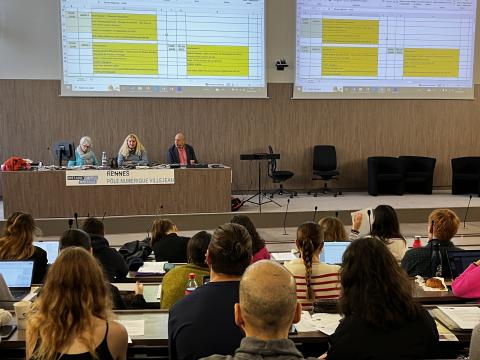
Conference hosts (from left to right): Natalie Ludec, Béatrice Quenault and William Kelleher.
Some of the other speakers who participated in the first two days include: Luana Malan - Corporate Social Investment Specialist, from the Industrial Development Corporation, Gauteng (South Africa), who spoke about some of the companies, programs and individuals who are succeeding in the field thanks to their innovative, strategic and sustainable solutions; Dorine Julien from the visual and multidisciplinary artists' collective Les Pas Perdus, Marseille (France), whose subject was on the notion of the collective and its sphere of action in international projects - financing and intervention; Jean Gatel, first Secrétaire d’État in charge of the social economy, reporting to the Prime Minister, who spoke about his recent book on the subject of SSE, “Demain il sera trop tard”; and Valentina Patetta, Policy Manager of the European Federation of Ethical and Alternative Banks and Financiers (FEBEA), who gave a talk about the FEBEA’s remit, the meaning of ethical finance and the strong relationship between ethical finance and social economy.
The week will conclude today with students presenting a creative visual of their research work in the form of posters which will be presented and judged by a jury of faculty members from the LEA Department. Students interested in participating in next year’s SIRSE program should contact William Kelleher (william.kelleher [at] univ-rennes2.fr (william[dot]kelleher[at]univ-rennes2[dot]fr)) to find out more information about how to register or attend next year’s lectures. Anyone who would like more information on the programs of the ESS Cargo can contact the coordinators at contact [at] esscargo-cie.fr (contact[at]esscargo-cie[dot]fr).
